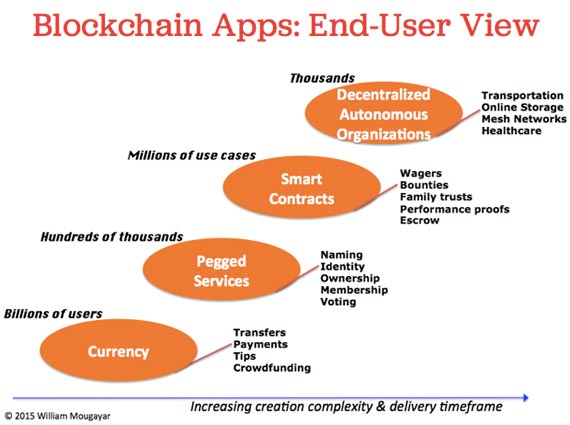
The travel industry relies upon different companies passing information between one another. For example, travel agents need to pass customer details on to flight companies and hotels, while the personal belongings of travellers are often passed between companies and tracked too. Blockchain can make accessing and storing important information easier and more reliable, because responsibility for storing it is shared across the whole network.
Identification Services
Identification services are enormously important for the travel industry, and blockchain could potentially become the industry standard for storing this information. Used in this way, the technology has the capacity to drastically reduce check-in times, or queues in airports, as a simple finger print or retina scan can replace showing documents.
Customer Loyalty Schemes
Finally, many travel companies run customer loyalty schemes, in order to encourage return custom. Blockchain can also assist with these programmes, simplifying the process, allowing customers to more easily access information about their loyalty points, and allowing tokens to be distributed. It can also help to combat fraud in this area.
Trippki
Trippki is an example of a customer loyalty reward system. Here, customers and hotel chains, or hospitality companies, are put in direct contact. Eligible customers are allocated ‘TRIP’ tokens for staying in a hotel and these tokens are permanently recorded in the blockchain, meaning they do not expire and can be used at any time.
Accenture: Striving Towards Shorter Lines
Spending hours waiting in lines at airports is an oft-cited example of the annoyances of traveling the globe. With the volume of air travelers expected to grow 50% over the next 10 years, airports are likely to face even greater congestion, adding to time spent in lines for security, customs, and passport control. Security needs are also trumpeted as the reason behind tighter controls and oversight, contributing to a frequent traveler’s headache.
To overcome these challenges and expedite the security process, consulting firm Accenture PLC (ACN) in conjunction with the World Economic Forum has developed the Known Traveler Digital Identity System.
This blockchain is designed to collect and host identifying information from frequent international travelers, enabling a freer flow of data between travelers and customs agents to smooth the clearance process. For travelers, this means gaining control over their digital identities with better security thanks to distributed ledger technology. Airports and airlines also benefit from accelerated processing and better security, helping shorten lines all while alleviating one of the biggest traveler pain points.
More examples at Blockchain use case – LeewayHertz Blockchain Developers.

